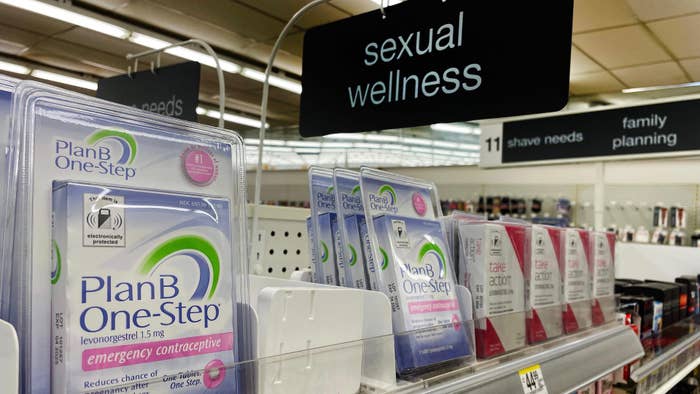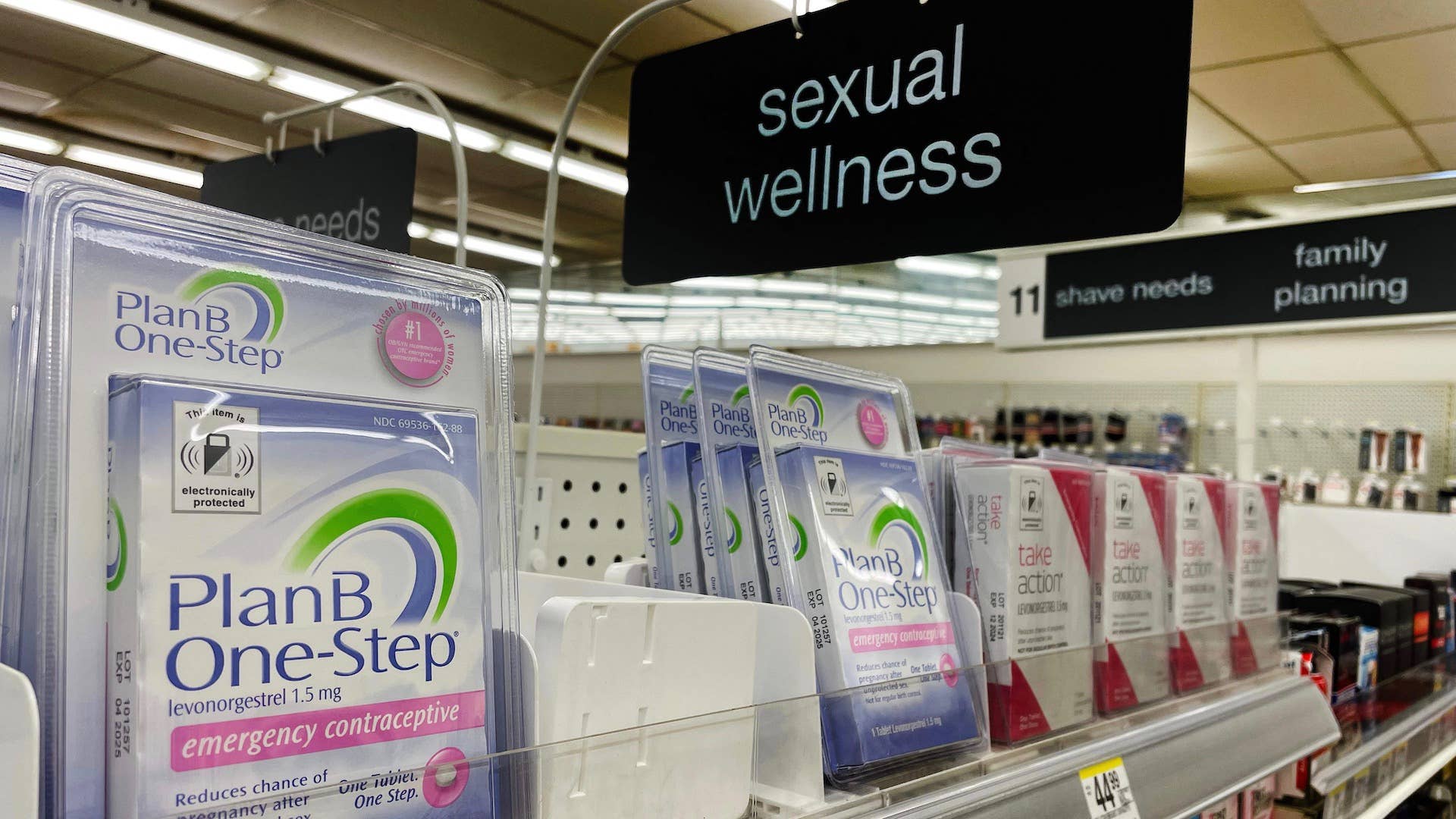
A Minnesota jury ruled that a longtime pharmacist did not discriminate when he refused to fill a woman’s birth control prescription.
According to NBC News, the verdict was announced Friday, nearly three years after Andrea Anderson sued George Badeaux for denying her the morning-after pill. The complaint states Anderson obtained a prescription for emergency contraception in early 2019, after a condom broke during intercourse with her boyfriend. Her doctor reportedly sent the prescription to Thrifty White, which is the only pharmacy in her hometown of McGregor; but when she arrived at Thrifty White, Badeaux informed Anderson he would not fill the prescription because it went against his “beliefs.”
“When Anderson pushed Badeaux to help her find an alternative, Badeaux informed her that there would be another pharmacist working the next day, who might be willing to fill the medication but that he could not guarantee that they would help,” the civil suit read. “He also informed her that there was a snowstorm coming and the second pharmacist might not make it into work.”
According to the complaint, Anderson was forced to make a three-hour, 100-mile round trip to get the prescription at another pharmacy. Several months later, she sued Badeaux for allegedly violating the Minnesota Human Rights Act, claiming she was discriminated against because of her sex.
“It is an unfair discriminatory practice to deny a person the goods or services of a place of public accommodation because of their sex,” read the lawsuit, which lists CVS Health Corporation and Thrift White as co-defendants. “Sex is defined to include pregnancy, childbirth, and related conditions. Emergency contraceptives are only used by people who may become pregnant to prevent pregnancy. It is therefore illegal public accommodations discrimination to refuse to provide a person their prescribed emergency contraceptive. Defendants discriminated against Plaintiff by refusing to provide her prescribed emergency contraceptive.”
Though the jury ultimately decided Badeaux was not guilty of discrimination, they awarded Anderson $25,000 for emotional harm. According to NBC News, the plaintiff intends to appeal the decision.
“To be clear, the law in Minnesota prohibits sex discrimination and that includes refusing to fill prescriptions for emergency contraception,” Gender Justice Legal Director Jess Braverman said. “The jury was not deciding what the law is, they were deciding the facts of what happened here in this particular case. We will appeal this decision and won’t stop fighting until Minnesotans can get the health care they need without the interference of providers putting their own personal beliefs ahead of their legal and ethical obligations to their patients.”

